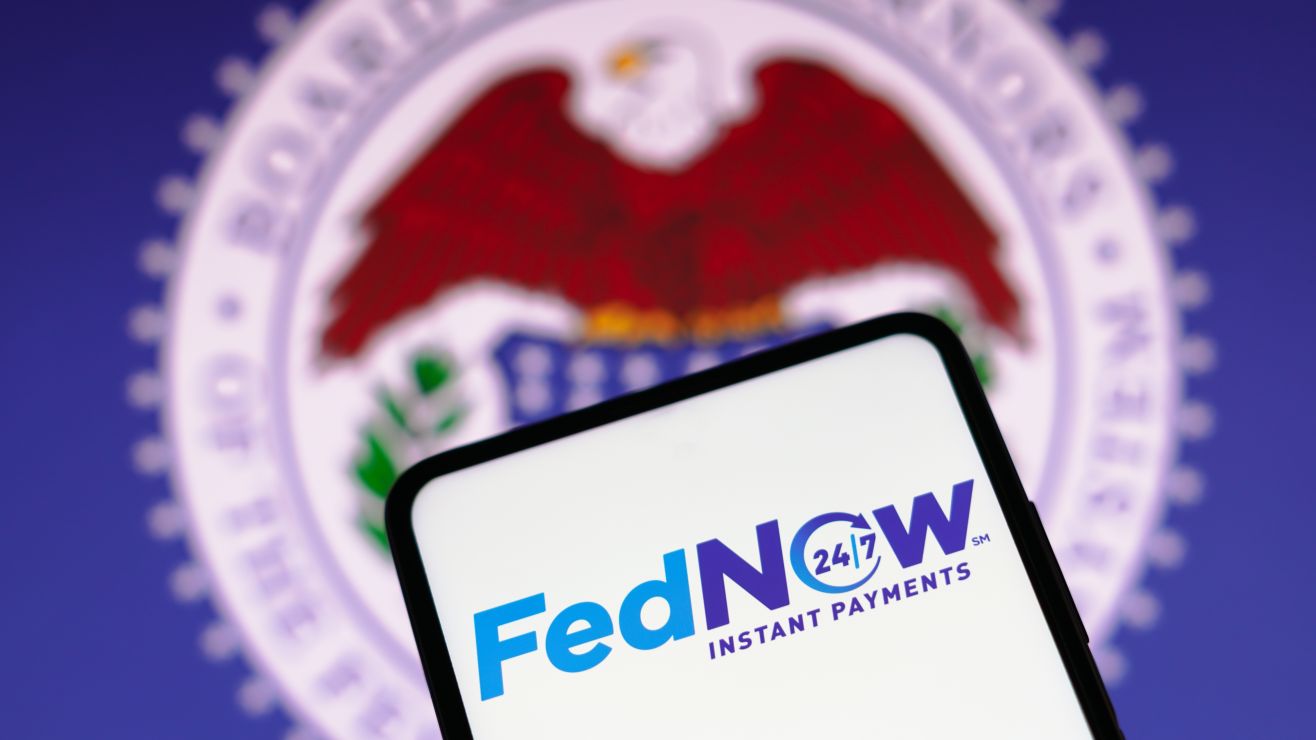What is FedNow, the service with which you will make immediate money transfers in the United States?
FedNow is a government-run rapid payment program that has been in development for almost 10 years and will be launched in July 2023: how will it benefit you and how can you get it?
Despite the great infrastructure that the United States has in many of its industries, its banking system has left much to be desired. Transfers in the country can take between two and three business days. This is a major inconvenience for the millions of transactions that take place in a country as large as this one. This is about to change. The Federal Reserve has a plan in the works: FedNow, the service that will make transfers happen immediately.
FedNow, which has been in development for nearly 10 years, is a real-time payments system that will operate 24 hours a day, every day of the year. Its arrival is intended to modernize the U.S. payments system.
Today, consumers must rely on point-to-point applications to make instant payments. Venmo, Paypal and CashApp are among them. Sending money to a friend or acquaintance is easy to do, but banking complicates it with long wait times. Some banks require two to three business days to process deposits and most banks do not operate on holidays or weekends.
For example, delivery workers, such as DoorDash or UberEats, will be able to receive an instant bank payment upon completion of a delivery. Also, nonprofits could receive donations immediately in a crisis or during a holiday, and businesses could send urgent payments to suppliers on weekends.
While Zelle is a tool that helps with interbank transfers, FedNow will come to lower costs and improve instant money transfer services, just like these peer-to-peer (P2P) applications.
FedNow’s fees will be cheaper than those of many other private companies. According to the Fed, FedNow’s expected fee per transfer would be $0.045, about five times cheaper than Venmo, which charges at least $0.25 per instant deposit. In the case of Zelle, this tool does not charge a fee to consumers, but costs participating banks between $0.50 and $0.75 per transaction.
How to get FedNow?
Since March of this year, the Fed announced that the service will start operating in July and its implementation will have several phases of preparation. This could also give way to the use of the central bank digital currency (CBDC), better known as digital dollar.
The service will only be available directly to financial institutions. If your bank opts into the program, you will automatically benefit from faster transfers. Individuals do not need to take a course or contact their financial institution to take advantage of FedNow’s benefits.
The more banking institutions that participate, the more useful the service will be. The program is expected to take months or even years to reach optimal conditions.

